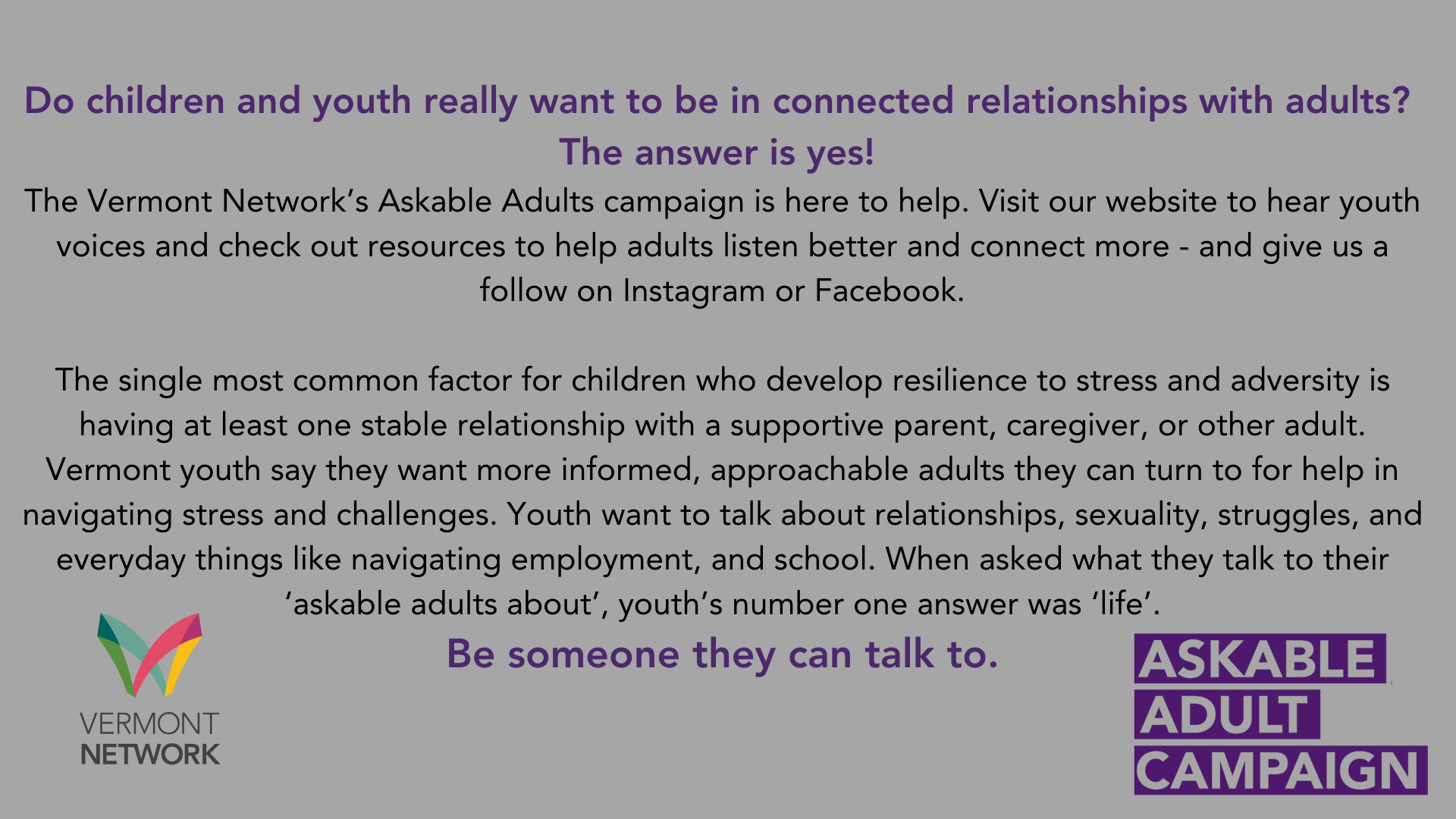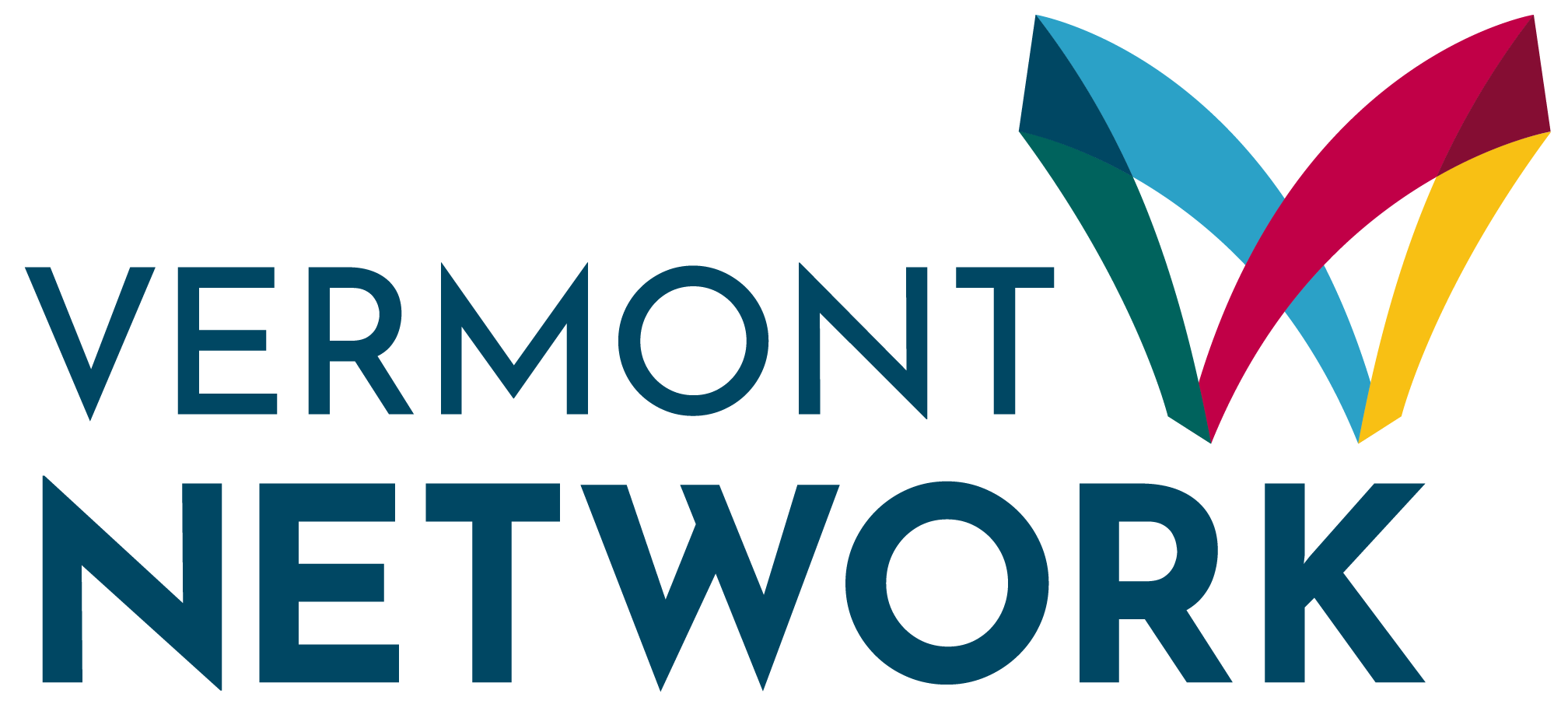Askable Adult Skill: How to stop talking and start communicating
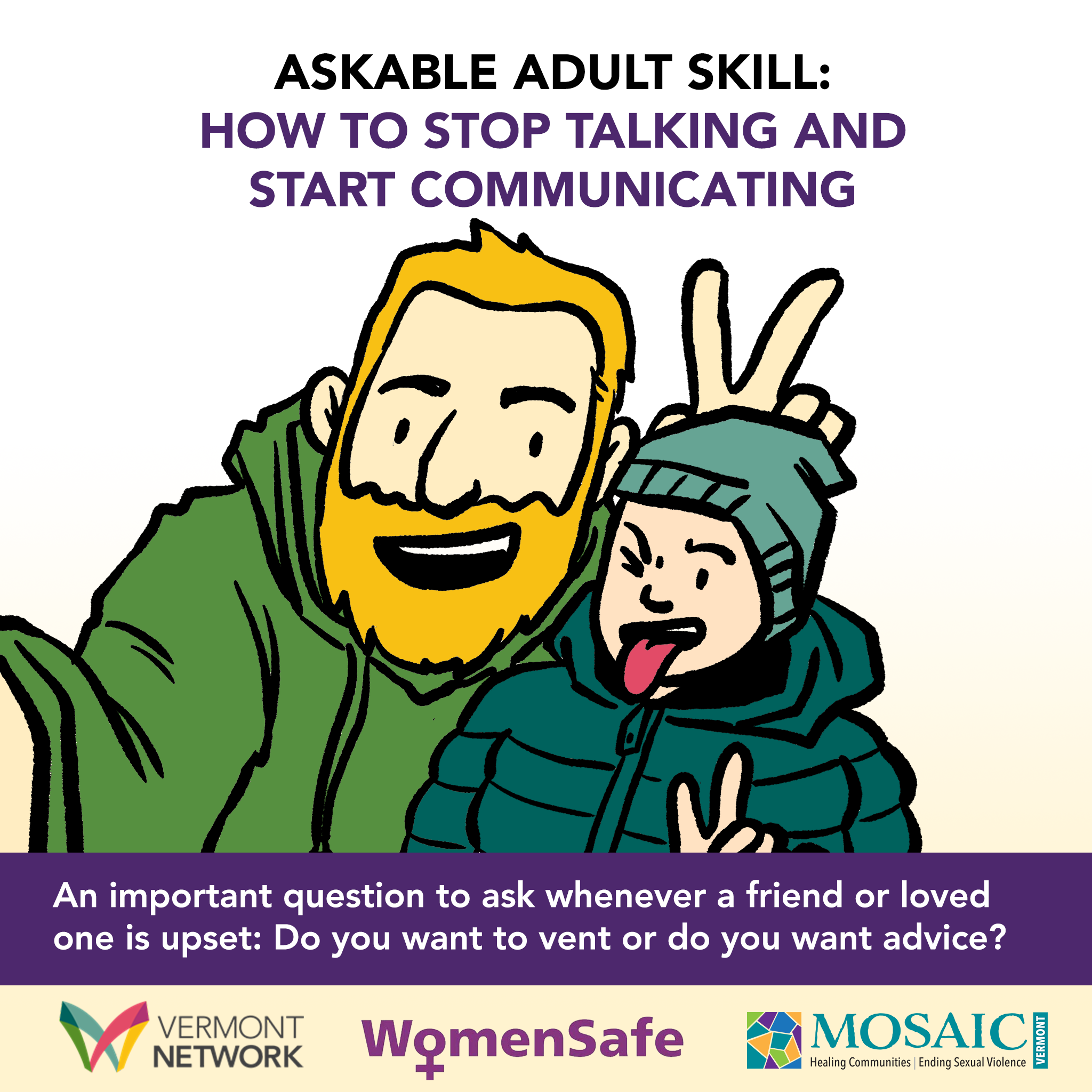
Be someone they can talk to.
“Do you want to vent or do you want advice? Just learning now, after 40 years on earth, that this might be the most important question to ask whenever a friend or loved one is upset.”
-Jada Yuan, Washington Post Reporter
“WAIT!” reminds my colleague Amy Torchia, stands for “Why Am I Talking?” “Ask yourself this a lot,” suggests Amy, who is the Vermont Network’s Child and Youth Advocacy Specialist and a creator of the Askable Adult Campaign. “Sometimes adults dominate conversations because we feel we need to always be teaching. Youth may just want to be listened to, and can actually learn more when adults talk less.” Amy suggests trying a 3:1 ratio, where youth drive the conversation and get 3 minutes of airtime for every 1 minute the adult is talking.
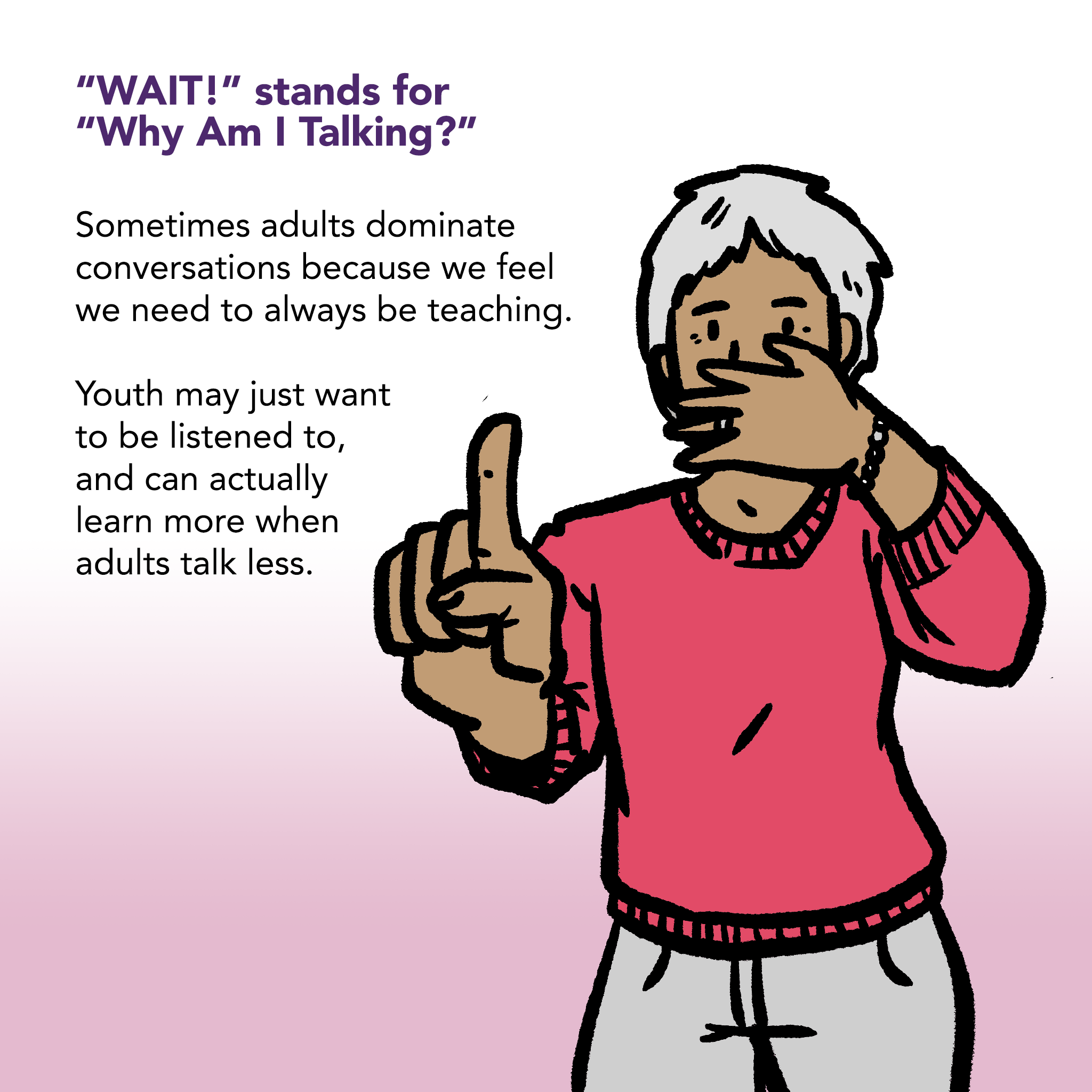
Deep listening takes practice. Amy offered me some helpful tips. “It takes a good amount of self-awareness and self-control to just listen and resist jumping into problem solving,” she suggested. “If this is your habit, start by noticing it.”
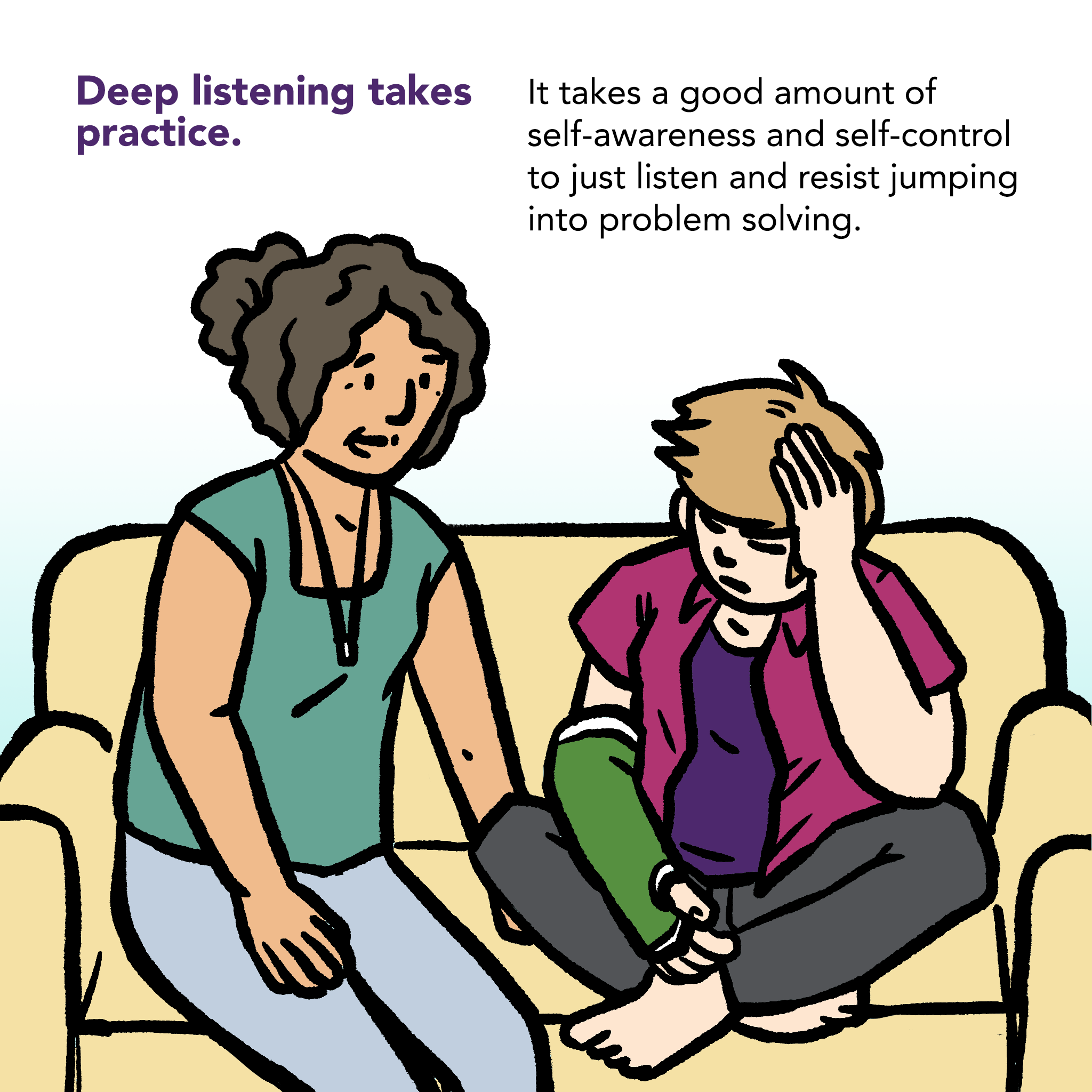
Amy explained that at first we might not notice until it’s already happening. “It’s ok to be human. You can acknowledge it – say ‘Oops, I started trying to solve your problem when I should have been listening. I’m sorry.’ Over time you can learn to notice the impulse before you act on it. Then you can shift back into curiosity, which is where you want to be.”
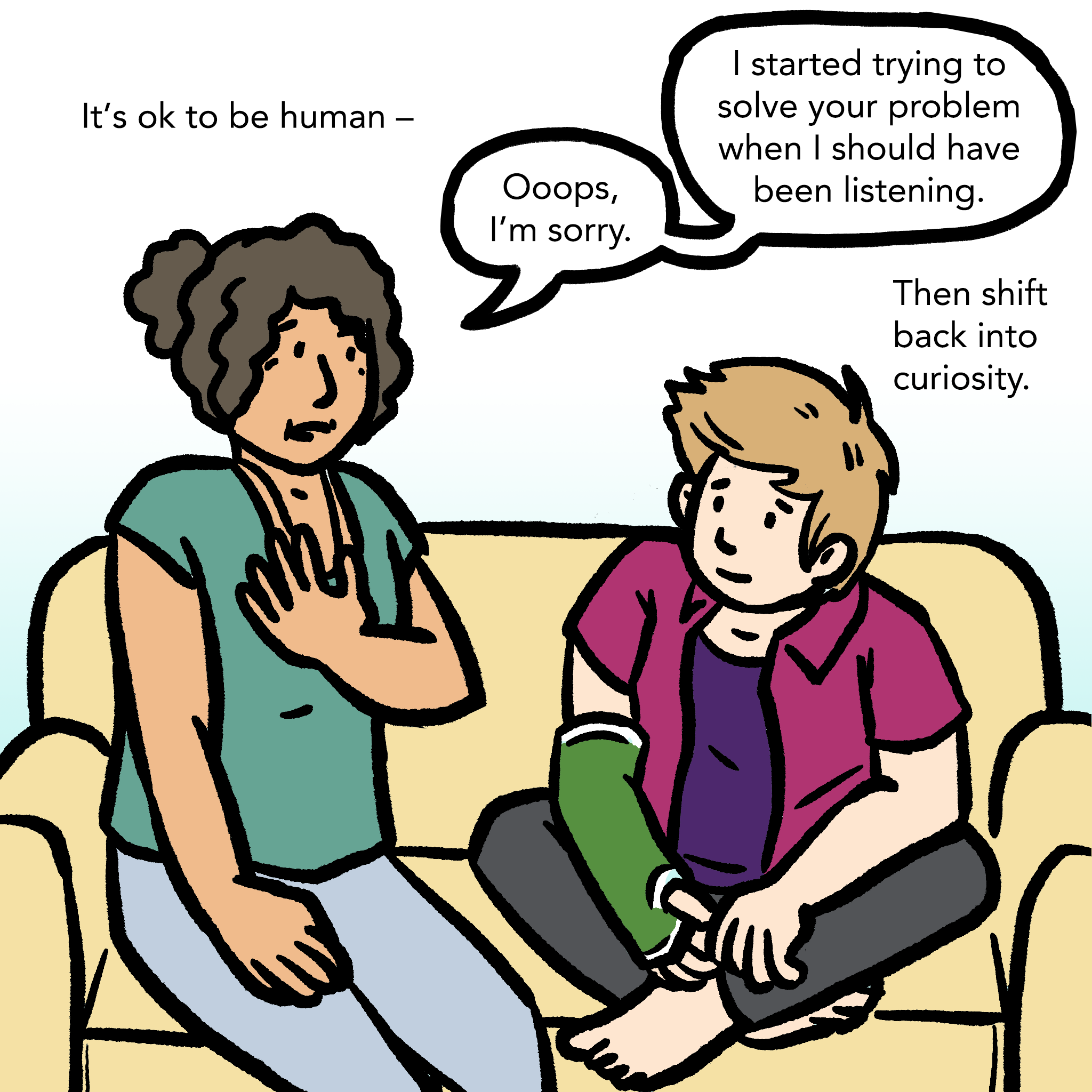
An adult friend shared that she has trained herself to take a breath when her son says something that worries or upsets her. “I have to remind myself ‘this is not an emergency’ so I can slow down and not react,” she explained. She starts by asking a lot of questions to understand his perspective, and reflecting back what she is hearing to make sure she is getting it right. “When I can do this authentically and with love, he feels respected and then everything goes better.”
Amy’s pro tip? Put away judgment. “For many youth, it is the number one concern in their relationships with adults.” This doesn’t mean losing standards or boundaries. “When we can hold boundaries at the same time that we empathize and stay non-judgmental, relationships get much stronger,” explained Amy.
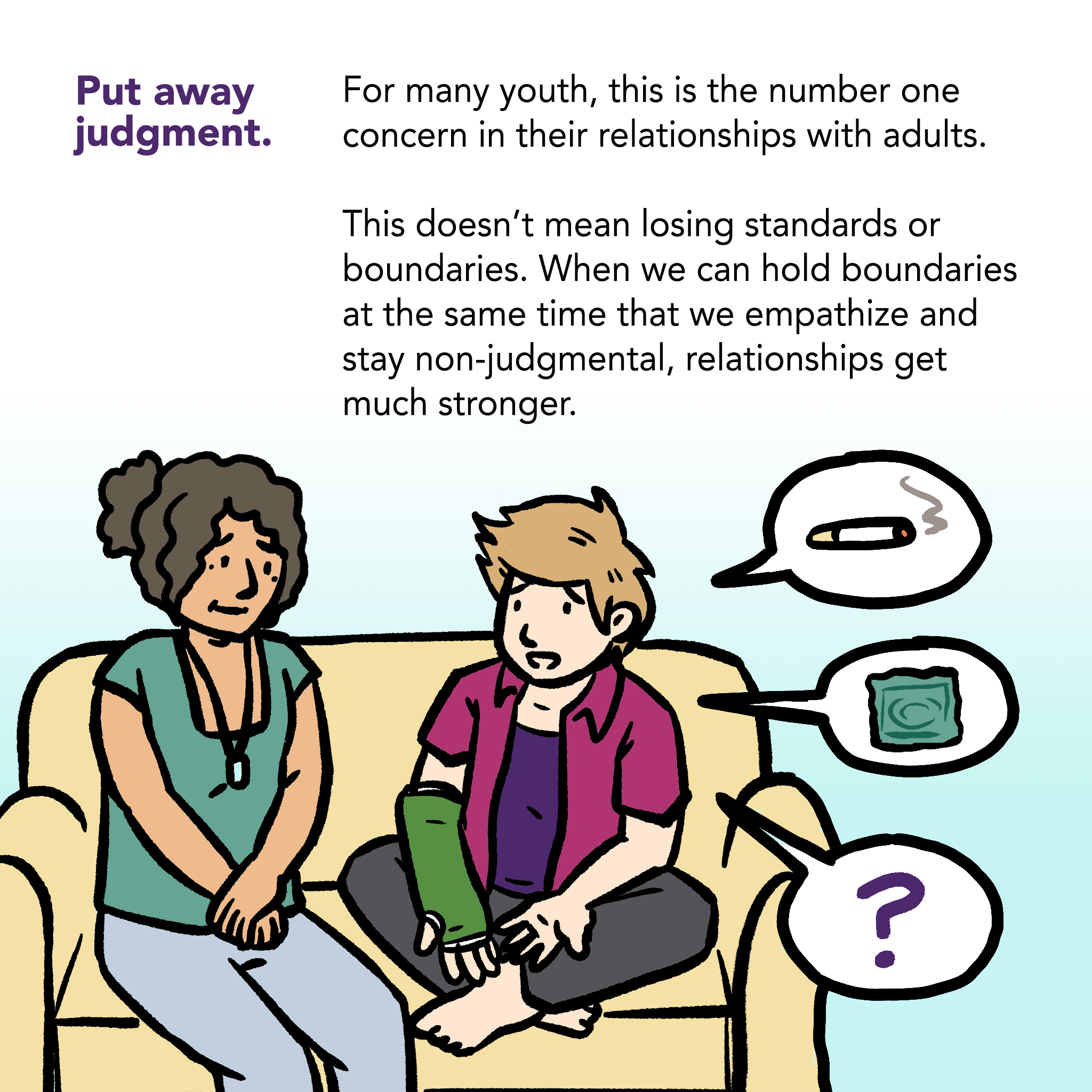
Find more great tips at the Vermont Network’s website. You might also enjoy Amaze.org’s Askable Parent Challenge for help having conversations about sexuality with kids of all ages, Vermont’s ParentUp project supporting conversations about substance use and mental wellness, and the RESilience project, uplifting youth through healthy communication about race. For your next movie night, practicing listening by tuning into the acclaimed Listen Up musical, a film of the 2021 live production inspired, created and performed by Vermont teens.
Don’t give up!
Original Artwork by Teppi Zuppo @aioazech TeppiZuppo.com
